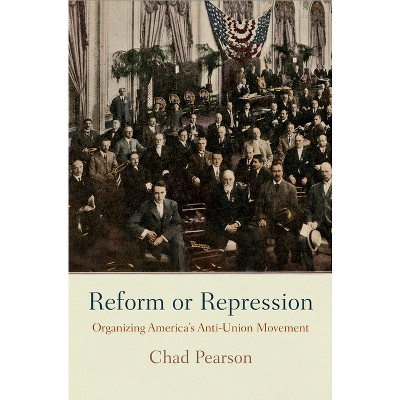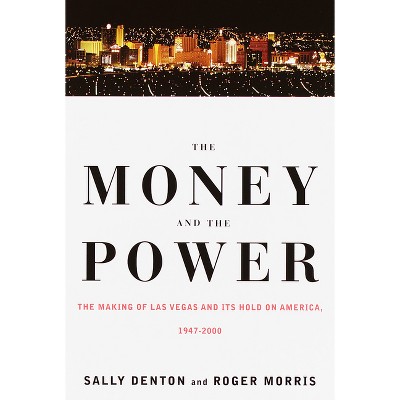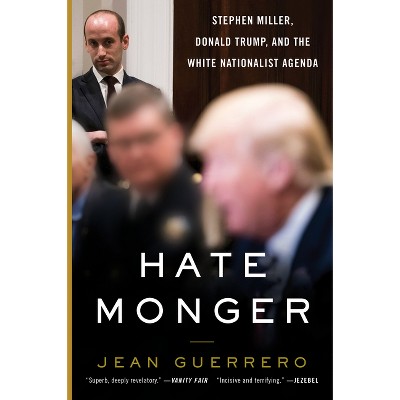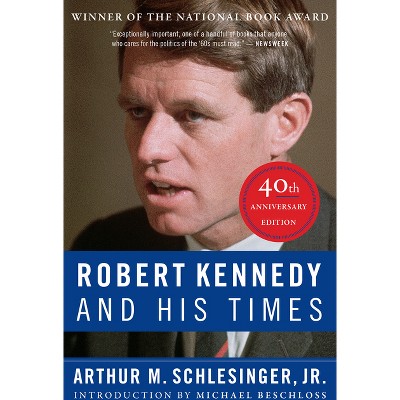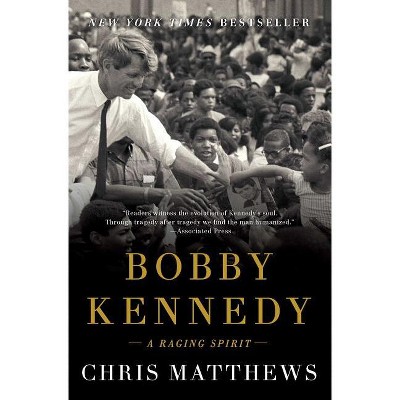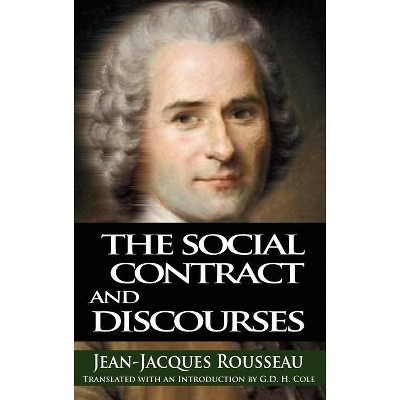Sponsored

The Nine of Us - by Jean Kennedy Smith (Paperback)
In Stock
Sponsored
About this item
Highlights
- In this evocative and affectionate memoir, Ambassador Jean Kennedy Smith, the last surviving child of Joe and Rose Kennedy, offers an intimate and illuminating look at a time long ago when she and her siblings, guided by their parents, laughed and learned a great deal under one roof.Prompted by interesting tidbits in the newspaper, Rose and Joe Kennedy would pose questions to their nine children at the dinner table.
- Author(s): Jean Kennedy Smith
- 272 Pages
- Biography + Autobiography, Political
Description
Book Synopsis
In this evocative and affectionate memoir, Ambassador Jean Kennedy Smith, the last surviving child of Joe and Rose Kennedy, offers an intimate and illuminating look at a time long ago when she and her siblings, guided by their parents, laughed and learned a great deal under one roof.
Prompted by interesting tidbits in the newspaper, Rose and Joe Kennedy would pose questions to their nine children at the dinner table. "Where could Amelia Earhart have gone?" "How would you address this horrible drought?" "What would you do about the troop movements in Europe?" It was a nightly custom that helped shape the Kennedys into who they would become.
Before Joe and Rose's children emerged as leaders on the world stage, they were a loving circle of brothers and sisters who played football, swam, read, and pursued their interests. They were children inspired by parents who instilled in them a strong work ethic, deep love of country, and intense appreciation for the sacrifices their ancestors made to come to America. "No whining in this house!" was their father's regular refrain. It was his way of reminding them not to complain, to be grateful for what they had, and to give back.
In her remarkable memoir, Kennedy Smith--the last surviving sibling--revisits this singular time in their lives. Filled with fascinating anecdotes and vignettes, and illustrated with dozens of family pictures, The Nine of Us vividly depicts this large, close-knit family during a different time in American history. Kennedy Smith offers indelible, elegantly rendered portraits of her larger-than-life siblings and her parents. "They knew how to cure our hurts, bind our wounds, listen to our woes, and help us enjoy life," she writes. "We were lucky children indeed."
From the Back Cover
Prompted by interesting tidbits in the daily papers, Rose and Joe Kennedy would pose questions to their nine children at the dinner table: "Where has Amelia Earhart gone?" "Do you think there will be war in Europe?" "What will the British do?" It was a nightly custom that helped shape the Kennedys into the men and women they would become.
Before Joe and Rose's children emerged as leaders on the world stage, they were simply a loving circle of brothers and sisters who played football, swam, sailed, read, and pursued their interests. They were children inspired by their parents, who instilled in them a strong work ethic, a deep love of country, and an intense appreciation for the sacrifices their ancestors made to come to America. "No whining in this house!" was their father's regular refrain. It was his way of reminding them not to complain and to be grateful for what they had, and he always emphasized how important it is to give back.
As Jean Kennedy Smith writes of her parents, "They knew how to cure our hurts, bind our wounds, listen to our woes, and help us enjoy life. We were lucky children indeed."
With charming anecdotes and dozens of rarely seen family photographs, The Nine of Us offers indelible, elegantly rendered portraits of a closely knit family known throughout the world.
Review Quotes
"There are useful lessons here, not just for grandchildren but for Americans as a whole, especially those who might wonder how the Kennedys so captured the popular imagination." - Chicago Tribune
"Rhis book, filled with childhood photos and reminiscences, is an engaging look at a large, close-knit family in the 1930s and '40s, albeit one more privileged than most. No doubt some of these anecdotes have been told before, but hearing them from the last surviving Kennedy sibling gives them an added poignancy." - Providence Journal
Shipping details
Return details
Frequently bought together
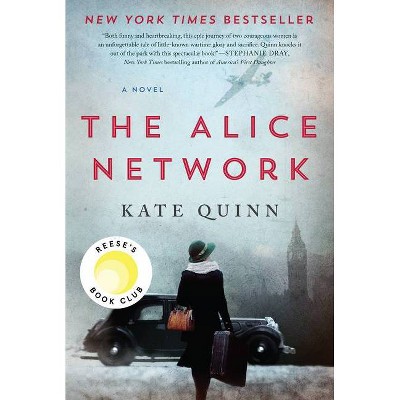


Trending Non-Fiction






